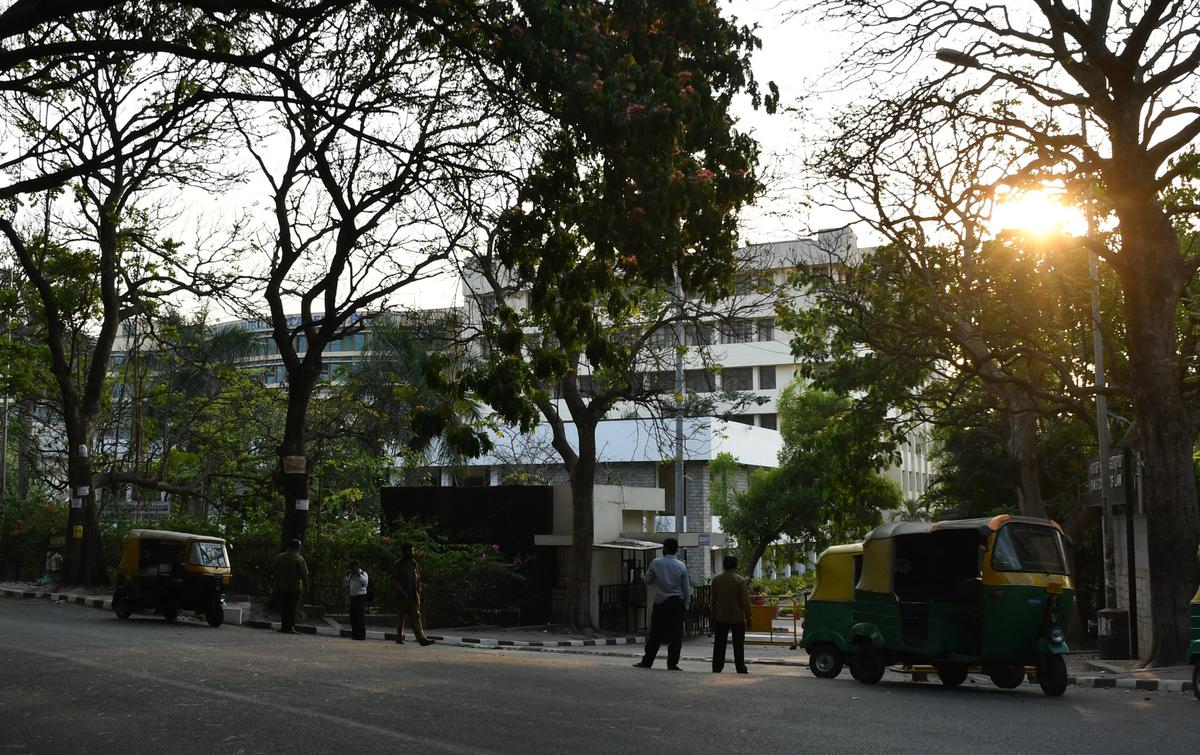Despite receiving approval from the All India Council for Technical Education (AICTE), colleges in Karnataka seem to be displaying reluctance in offering a 3-year evening engineering course designed for working professionals. The unexpected lack of interest has raised concerns about the availability of flexible education options for those seeking to enhance their technical skills while employed.
The AICTE’s endorsement of the 3-year evening engineering course was hailed as a positive step towards catering to the needs of individuals who are employed during the day and wish to pursue further education in the evening. The program aimed to provide a convenient and flexible pathway for professionals to acquire engineering knowledge and qualifications without disrupting their careers.
However, reports indicate that colleges in Karnataka have not shown substantial interest in introducing this course, citing various reasons such as infrastructural limitations, resource constraints, and concerns about viability. This unexpected development has disappointed many working professionals who were eagerly awaiting the opportunity to enroll in such a program.
The reluctance of colleges to offer the AICTE-approved evening engineering course has sparked discussions about the challenges faced by educational institutions in adapting to changing educational needs. The increasing demand for flexible and part-time courses that cater to the needs of working adults highlights the necessity for colleges to align their offerings with evolving trends in education.
Experts believe that introducing such programs could not only provide opportunities for career advancement to working professionals but also contribute to the growth of the technical workforce in the region. Encouraging colleges to reconsider their decision and embrace innovative approaches to education is essential to bridge the gap between demand and supply.
The incident also underscores the significance of collaboration between regulatory bodies, educational institutions, and industry stakeholders to develop and promote programs that address the changing needs of the workforce. Finding ways to incentivize colleges to offer such courses and ensuring their viability can help create a win-win situation for both institutions and aspiring professionals.
As discussions continue, it is hoped that colleges will recognize the potential benefits of introducing the 3-year evening engineering course and work towards providing a solution that caters to the aspirations of working professionals seeking to balance education and employment.










